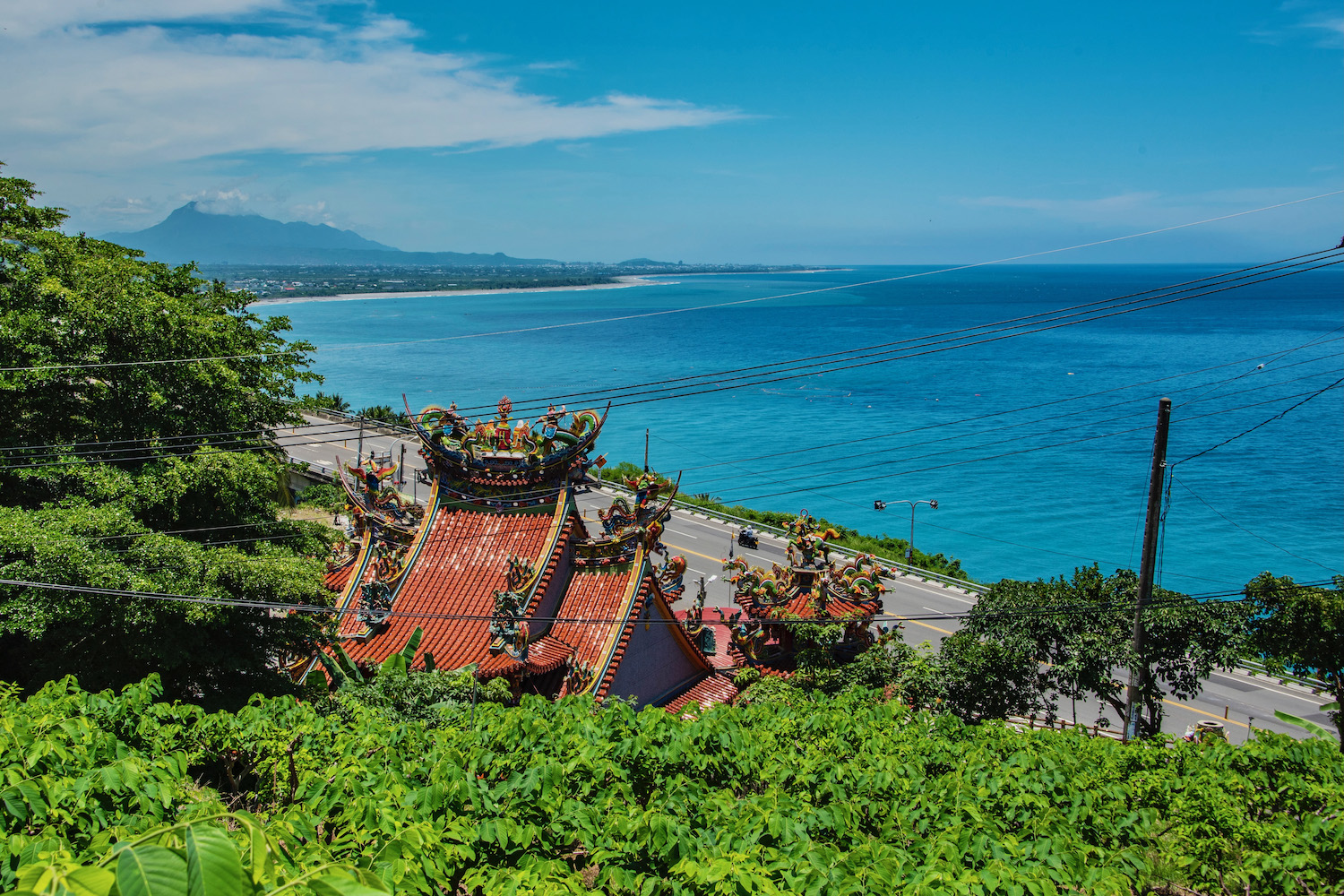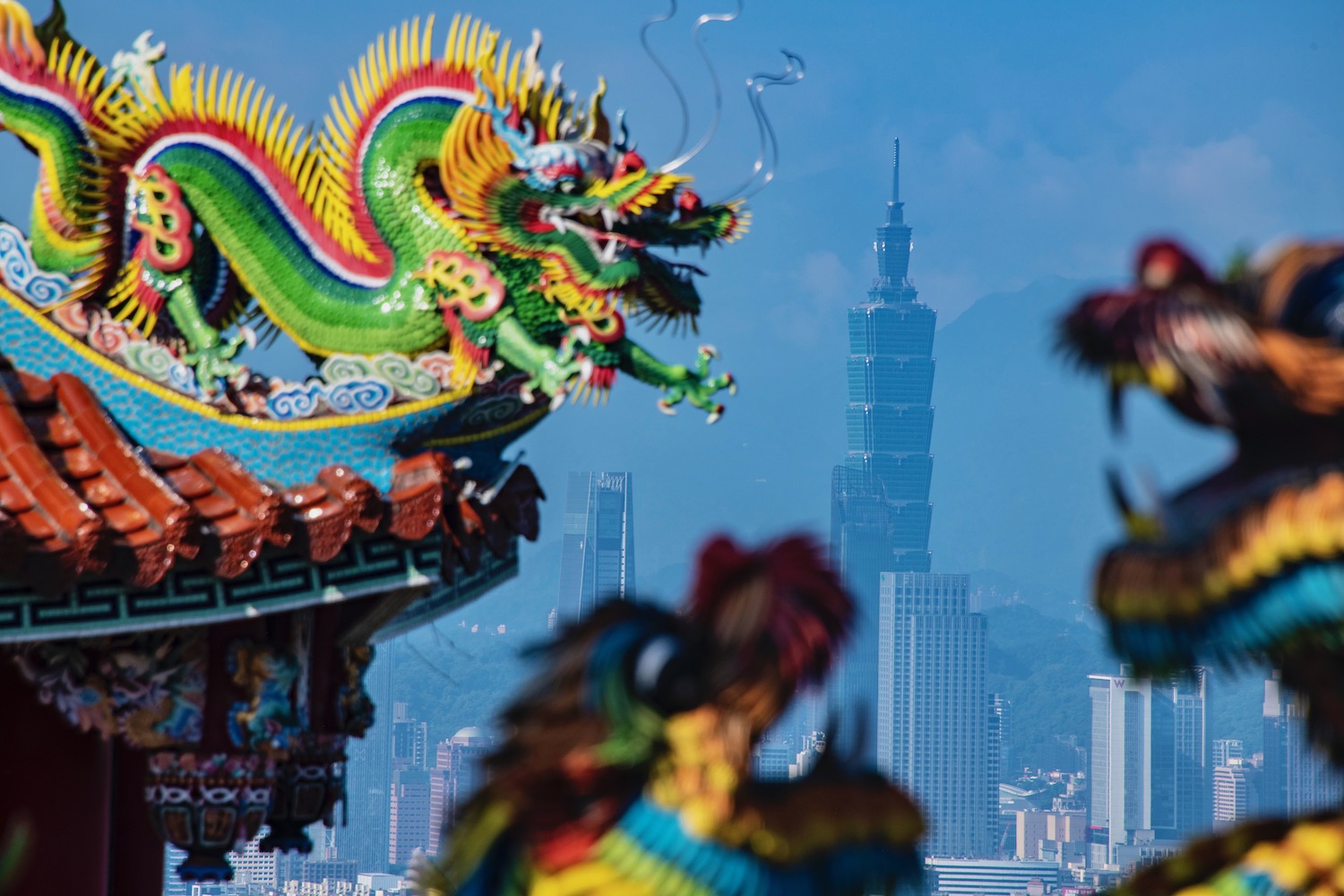Have I ever shared the story of when I nearly got deported and banned from China? I don’t think I have—so let me give you the short version.
It was 2009, and I was living in Shanghai while working as an English teacher. I can’t recall the specific lesson, but I made what turned out to be a significant mistake: I tried to distinguish between the People’s Republic of China and the Republic of China. I specifically asked my students what the capital of the latter was.
“Beijing!” the class shouted in unison. Not a single student—these were adult learners, mind you—said “Taipei.”
In the end, I avoided deportation and managed to keep my job. However, I had to agree that if ever asked, “Is Taiwan a country?” I would respond negatively.
Why Taiwan’s Legal Status is So Controversial
Reflecting on that moment, I suppose I shouldn’t have been surprised that many people on the mainland believe Taiwan is part of China. However, I was astounded by how firmly both my boss (who was South African) and my Swedish company supported this view. It highlights the lack of tolerance in China for any perspective other than its official stance: that Taiwan is a rogue province, and unification—possibly by force—is unavoidable.
This seems absurd now, especially during the Xi era. Back when I lived there, the comparatively moderate Hu Jintao was in power. The Beijing Olympics had just taken place, and it seemed like greater collaboration with the West was on the horizon. The so-called “Three T’s”—Tibet, Tiananmen, and Taiwan—were officially off-limits topics, but only now do I understand why they are so crucial to the worldview that the Chinese government mandates for its citizens.
5 Reasons Taiwan Isn’t Part of China
1. It’s a Democracy
Taiwan not only has its own government but also a democratically elected one. From quadrennial presidential elections to local by-elections held throughout the year, the Taiwanese people are highly politically engaged. In stark contrast, mainland China’s citizens cannot vote, and Hong Kong residents lost their suffrage (even in local elections) after yielding to China’s demands.
2. It Has Its Own Immigration System, Currency, and Military
Another reason Taiwan qualifies as an independent nation is that travelers must go through border controls to enter, even when coming from mainland China. You will need to convert your money into New Taiwanese dollars or withdraw NT dollars from an ATM. Additionally, you are safeguarded by the Taiwanese military, which operates independently and is arguably more skilled than China’s forces.
3. The Taiwanese Economy is Dynamic and Mostly Independent from China
In the past decade, the Democratic Progressive Party (often called the DPP or the Green Party) has not only shifted discussions about China but has also encouraged Taiwanese businesses and individuals to divest from China. This proportion has plummeted from almost 90% 20 years ago to just over 10% today. Meanwhile, Taiwan has experienced robust economic growth compared to other developed Asian nations.
4. Taiwanese People Aren’t Chinese Citizens
Furthermore, Chinese individuals are not Taiwanese citizens either. If Taiwan were merely a Chinese province, Taiwanese citizens would not need their own passports to enter mainland China. They wouldn’t need to “enter” China at all!
5. Countries Don’t Inhabit Their Own Provinces
The very notion of a potential Chinese “invasion” undermines China’s territorial claims to Taiwan. Why would China need to invade a place that it already claims as its own? Even if you consider Taiwan a breakaway province, why would they wish to separate from China if life there is supposedly so good? This situation reeks of insecurity and desperation from the Chinese Communist Party (CCP).

Will China Attempt to Retake Taiwan by Force?
While I am not a geopolitical expert, I have lived in Taiwan and closely followed developments in the region for many years. From my perspective, Taiwan would likely be much more challenging to conquer than China anticipates, and the effectiveness of the Chinese military may not be as formidable as their size suggests. Though a military operation might eventually succeed, it might not be worth the costs involved.
Several factors could influence this situation. If the ruling DPP remains in power and outright declares Taiwan’s independence, this could provoke aggression from China and increase the likelihood of military action. Conversely, if the pro-China Kuomintang (KMT) regains power, their influence could make an invasion less appealing—and perhaps less necessary—over the years.
Frequently Asked Questions About Taiwan’s Legal Status
Is Taiwan an Independent Country?
Despite only a handful of countries officially recognizing Taiwan’s independence, its status as a sovereign nation is evident. Taiwan has its own currency, border controls, outlying territories, and military, along with a democratically elected government distinct from the authoritarian regime of mainland China.
Does the US Recognize Taiwan as a Country?
The US does not officially acknowledge Taiwan as a country and adheres to China’s “One China” policy publicly. Still, most American citizens understand Taiwan’s sovereignty, if not its complete independence; the pro-Taiwan actions of the US government speak volumes despite its pro-China rhetoric.
Are Taiwanese Citizens Considered Chinese?
Neither Taiwanese citizens are considered Chinese citizens, nor are Chinese citizens recognized as Taiwanese. Citizens of both regions require visas to visit each other, even as tourists, which underscores Taiwan’s status as an independent nation. Imagine if Americans needed a visa to enter Hawaii or Australians needed one for Tasmania!


The Bottom Line
Is Taiwan a country? Absolutely. What other place in the world has its own government, military, currency, and borders, yet remains classified as a province or territory of another nation? Even setting aside these concrete realities, exploring Taiwan reveals a distinctly different culture and lifestyle compared to the mainland, with the sole exception of the nearby Fujian province. While China and its supporters fear the day Taiwan declares independence, they are mistaken: No one needs to declare something so self-evident. However, some travelers might need assistance planning their trips to Taiwan. Feel free to hire me to help you create your perfect Taiwan itinerary.



